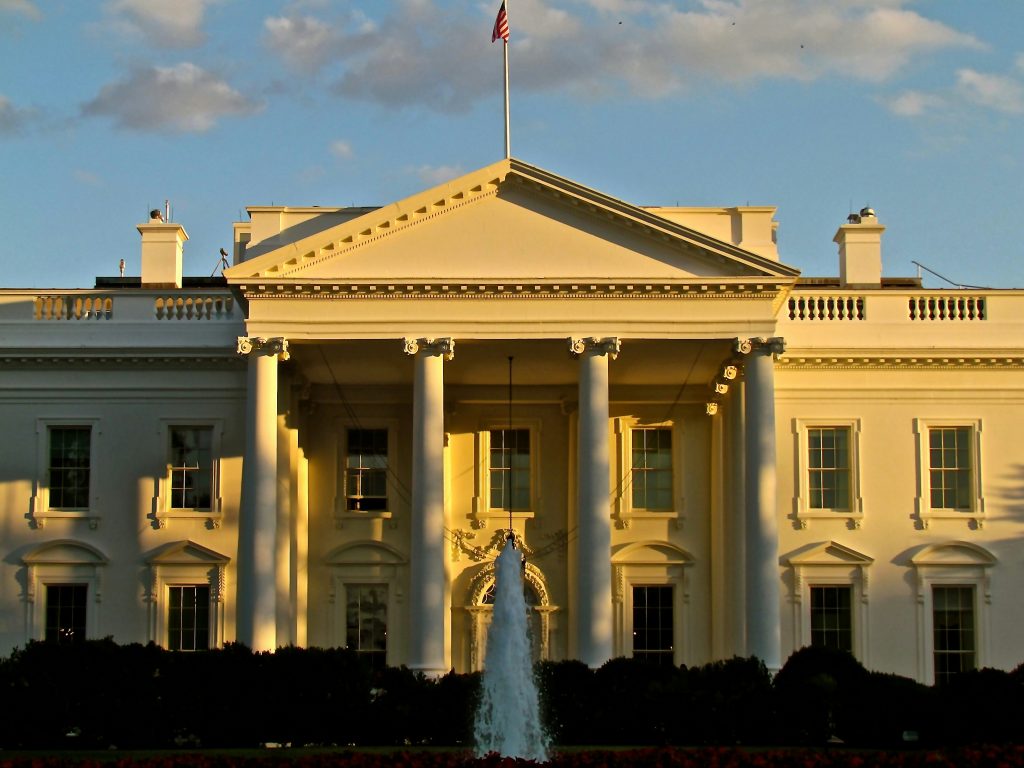Estate Tax Changes Make Death and Taxes Even More Certain
Estate TaX Changes Make Death and Taxes even more Certain
By Camerin Ketterling*
Joe Biden’s presidential victory in the 2020 election put estate planning attorneys and their clients in precarious positions. Not only did a Democrat winner threaten the generous tax rates of the Trump era, but Biden’s win also threatens historically high federal estate tax exclusions. These exclusions refer to the maximum value an estate can reach before federal taxes must be paid from the estate before disbursement to beneficiaries.[1] The estate tax exclusion ranged between $1.5 million in 2004 and 2005 to roughly $5 million throughout most of the 2010s.[2] In 2017, former President Donald Trump’s “Tax Cuts and Jobs Act”[3] amended the Internal Revenue Code in part by increasing the exclusion amount from $5.49 million in 2017 to $11.18 million in 2018.[4]
Automatically adjusting for inflation, this year’s estate tax exclusion increased to a massive $11.7 million.[5] As it stands, the current tax code provides that the exclusion will revert to $5 million after the year 2025.[6] However, with a new democratic regime in Washington, estate planning attorneys are preparing for more immediate changes in estate taxes and are concerned that their carefully drafted estate plans may no longer adequately protect their clients’ assets.
President Biden’s “American Families Plan” aims to increase social programs as well as address inequities in the United States tax system, and to accomplish this, the Biden administration needs to raise revenue through increased taxes.[7] Lowering the estate tax exclusion is not the only method the Biden administration has considered for increasing revenue through estate taxes. In May 2021, the Department of the Treasury published a description of proposed tax changes under the Biden administration, one of which being the implementation of capital gains taxes on deceased persons’ estates.[8] Currently, a decedent’s estate does not pay any capital gains taxes on its accrued unrealized gains. Instead, the cost basis of the estate’s assets is “stepped up” to equal the value on the date of death.[9] This means that if the beneficiary sells an inherited asset, she will pay the capital gains tax based on the value of the asset at the time of the decedent’s death as opposed to its original purchase price. This results in a significant loss of revenue for the federal government. With some exclusions, Biden’s proposal would tax those unrealized gains as if the decedent had sold the asset at the time of death.[10]
Although many are worried about the estate tax changes, small business owners who want their children to inherit their businesses represent an area of special concern. These concerns prompted the accounting firm, Ernst & Young, to conduct a study on the possible effects of capital gains taxes being accessed on inherited small businesses.[11] The study noted that many family businesses will probably have liquidity issues as well as issues in valuing the business and the assets of the business, which could get them into trouble with the IRS.[12] More particular concerns center around family farms. Although subject to debate, some argue that those who inherit farmland may have to sell part of the land to pay the estate tax as most of the value is locked into the land itself as opposed to being held in cash reserves.[13] Fears revolving around small businesses are not lost on the current administration. The Department of the Treasury’s proposals on capital gains included a provision explaining, “[p]ayment of tax on the appreciation of certain family-owned and -operated businesses would not be due until the interest in the business is sold or the business ceases to be family-owned and operated.”[14]
Adding to the uncertainty, it is not yet clear which proposed estate tax change will be implemented when all is said and done. The Department of the Treasury’s proposals do not include any mention of adjusting the exclusion amount. On the contrary, in September of 2021, the House Ways and Means Committee issued tax proposals which include lowering the exclusion to $5 million in 2022, but the committee neglected to include any proposal for capital gains adjustments for estate taxes.[15] Although uncertainty remains around how estate taxes will change in the coming year, estate planners and their clients can be confident that their carefully devised plans will likely need adjusting.
*J.D. Candidate, Class of 2023, Arizona State University Sandra Day O’Connor College of Law.
[1] 26 U.S.C.A § 2010(c).
[2] Estate Tax, IRS, https://www.irs.gov/businesses/small-businesses-self-employed/estate-tax.
[3] Tax Cuts and Jobs Act of 2017, Pub. L. No. 115-97, 131 Stat. 2054.
[4] Supra note 2.
[5] Id.
[6] Supra note 1.
[7] Press Release, Fact Sheet: The American Families Plan, THE WHITE HOUSE (April 28, 2021), https://www.whitehouse.gov/briefing-room/statements-releases/2021/04/28/fact-sheet-the-american-families-plan/.
[8] US Dep’t of Treasury, General Explanations of the Administration’s Fiscal Year 2022 Revenue Proposals (May 2021), https://home.treasury.gov/system/files/131/General-Explanations-FY2022.pdf#page=69.
[9] 26 U.S.C. § 2031(a).
[10] Supra note 8.
[11] Ernst & Young, Repealing Step-Up of Basis on Inherited Asset: Macroeconomic Impacts and Effects on Illustrative Family Businesses (2021), https://www.fb.org/files/FBETC_Stepped-Up_Basis_Report_2021.
[12] Id.
[13] Glenn Kessler, Ad Exaggerates Potential Impact of Biden Estate Plan, THE WASHINGTON POST (October 19, 2021), https://www.washingtonpost.com/politics/2021/10/19/ad-exaggerates-potential-impact-biden-estate-tax-plan/.
[14] Supra note 8.
[15] H.R. 5376, 117th Cong. (2021).
Related Posts

District Court Judge Issues Injunction Requiring Work Continue at CFPB

The Trump Administration’s Proposed Carried Interest Tax Reform
